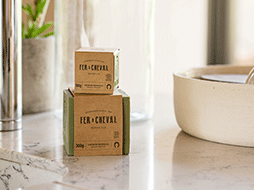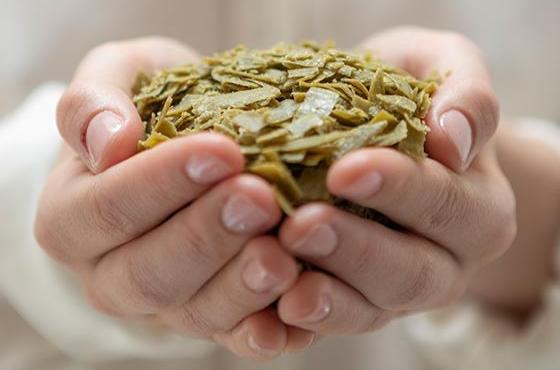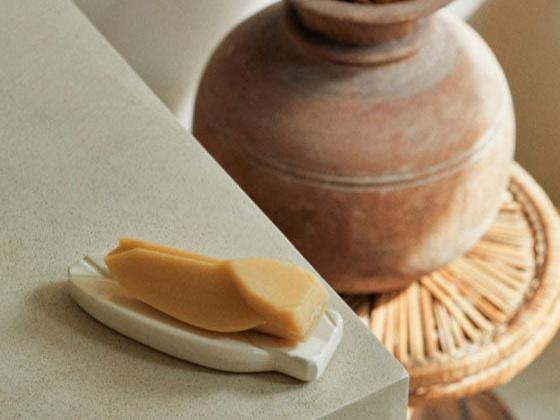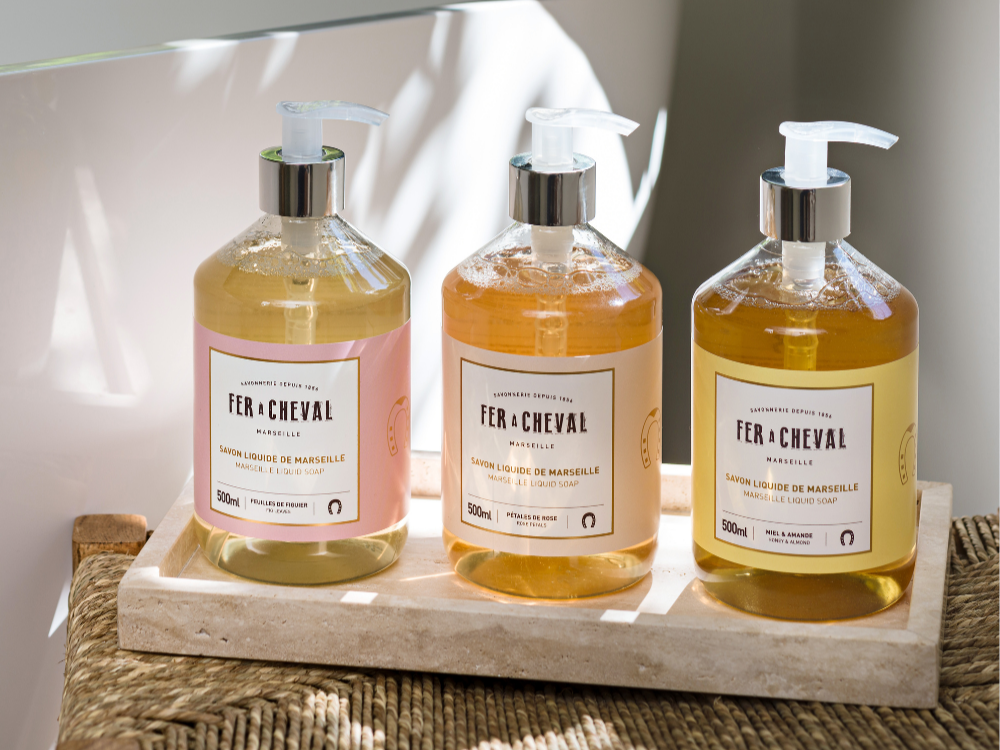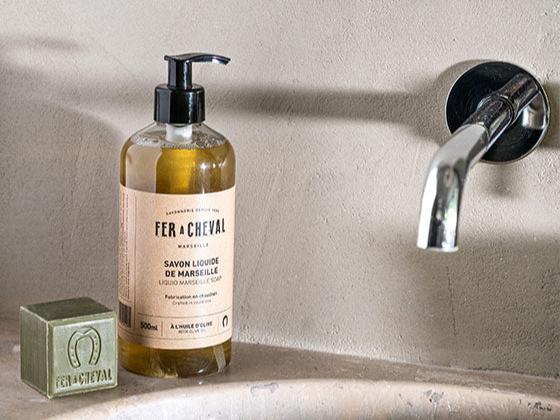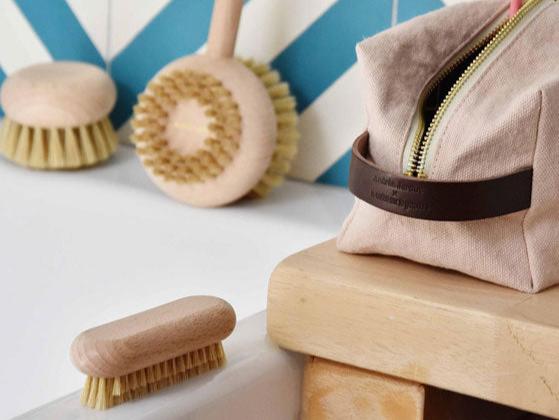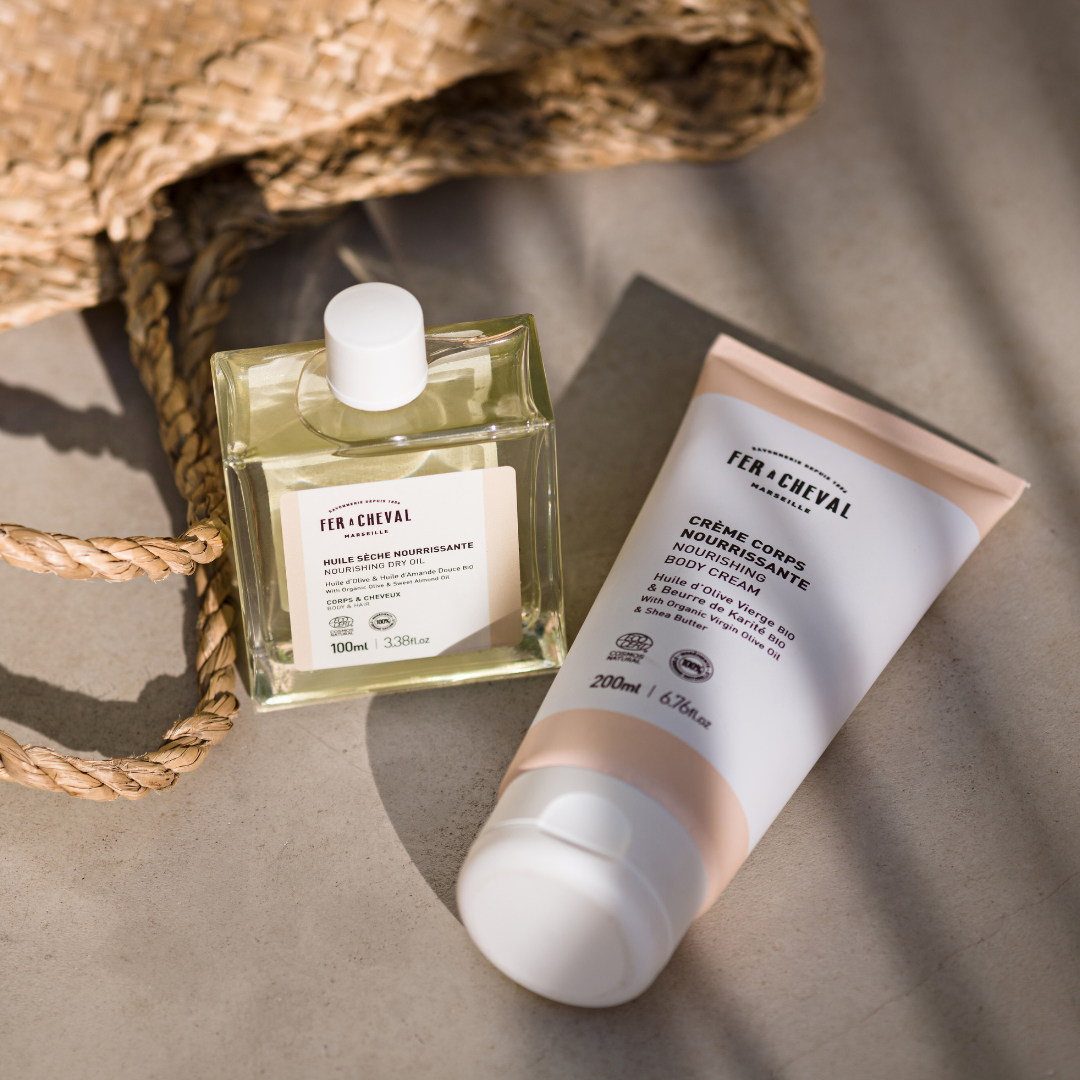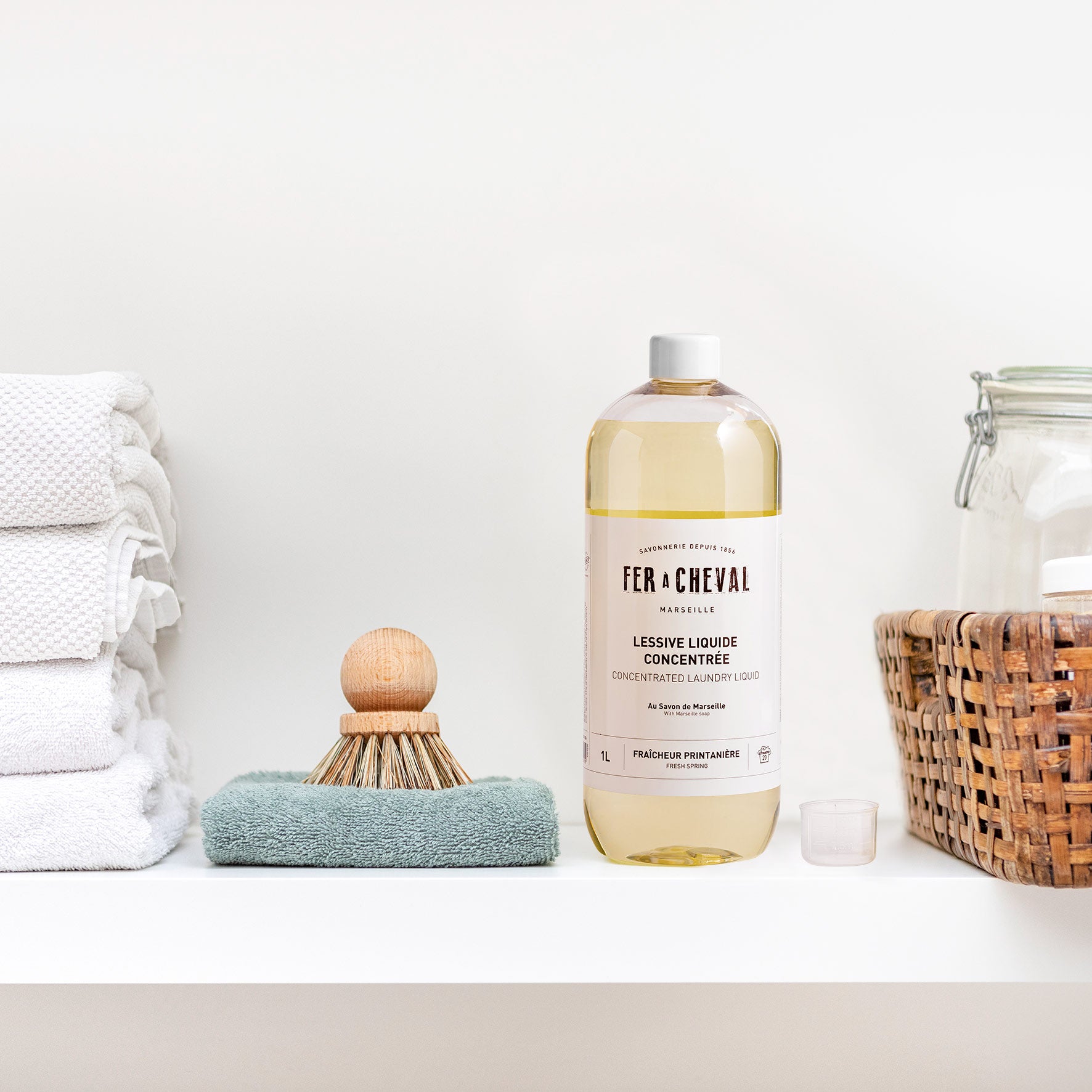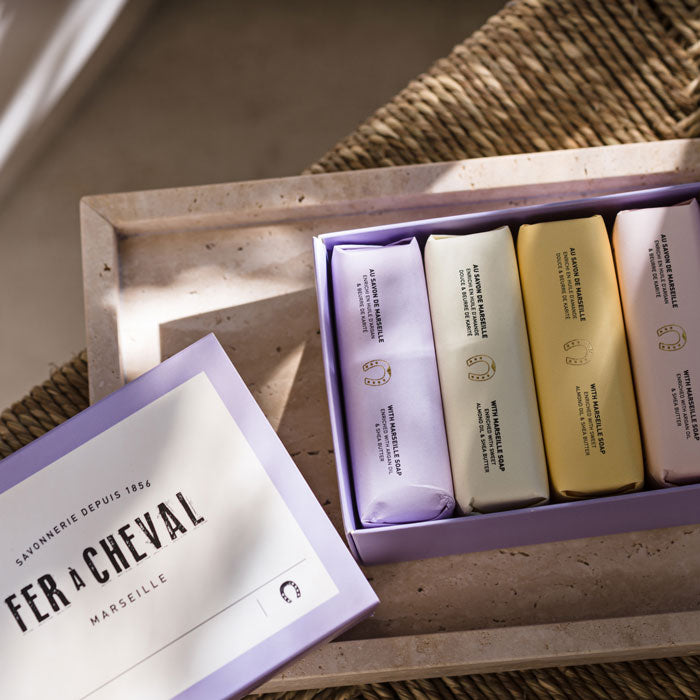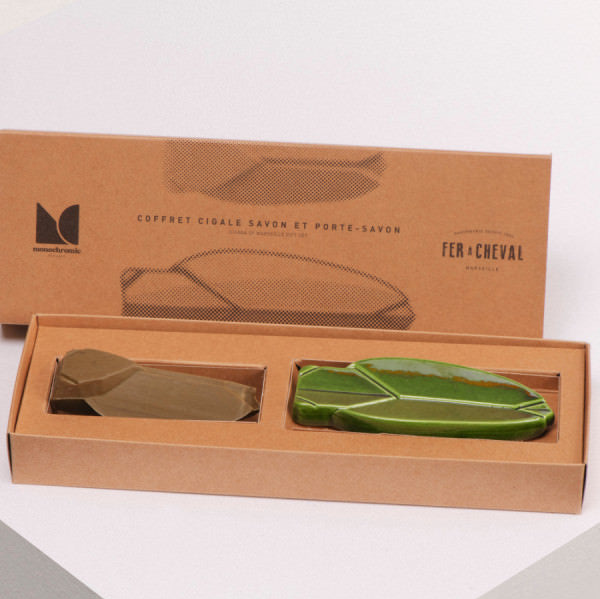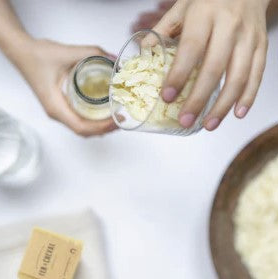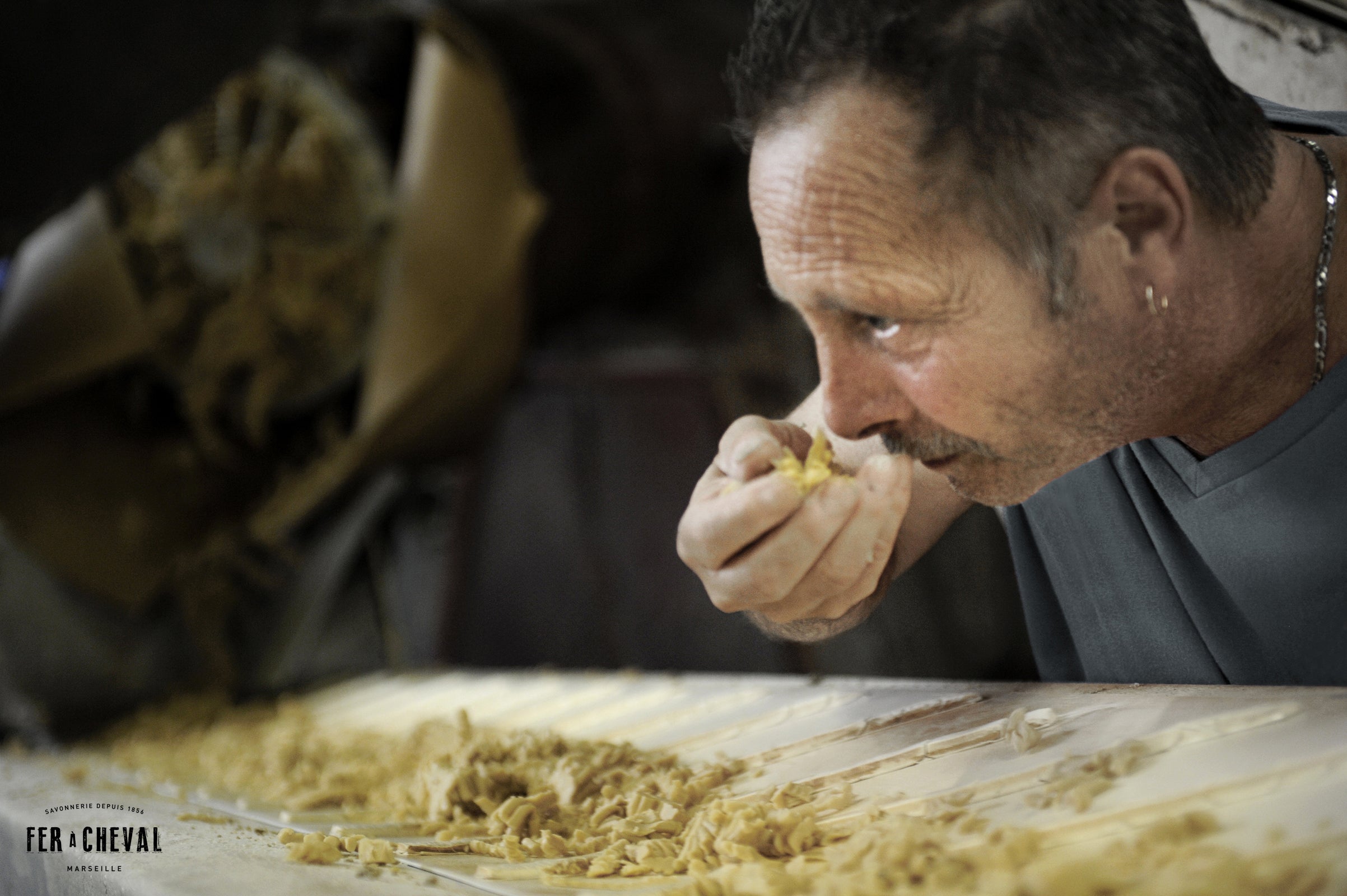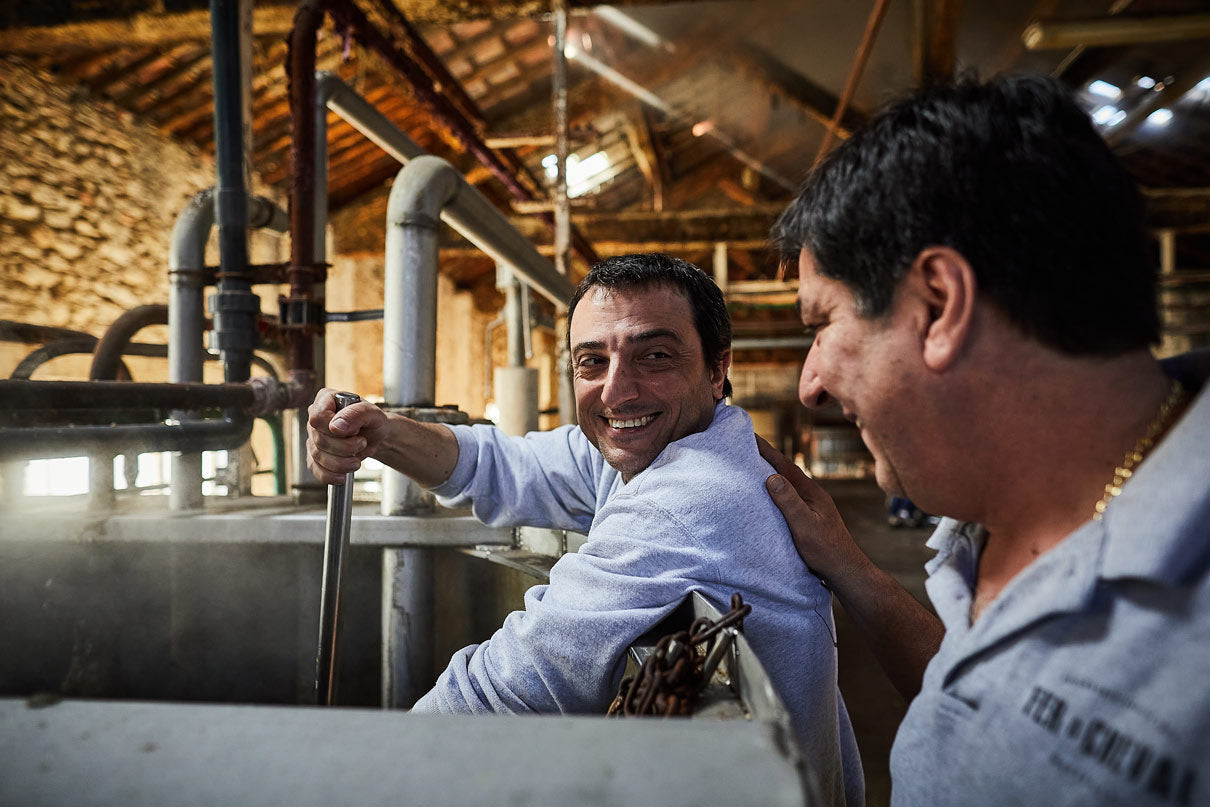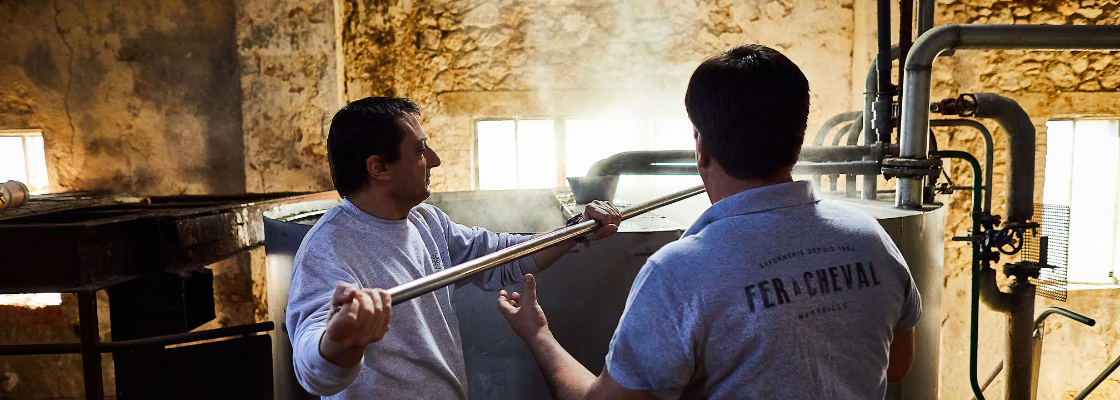Savon de Marseille - Le blog de la Savonnerie Fer à Cheval
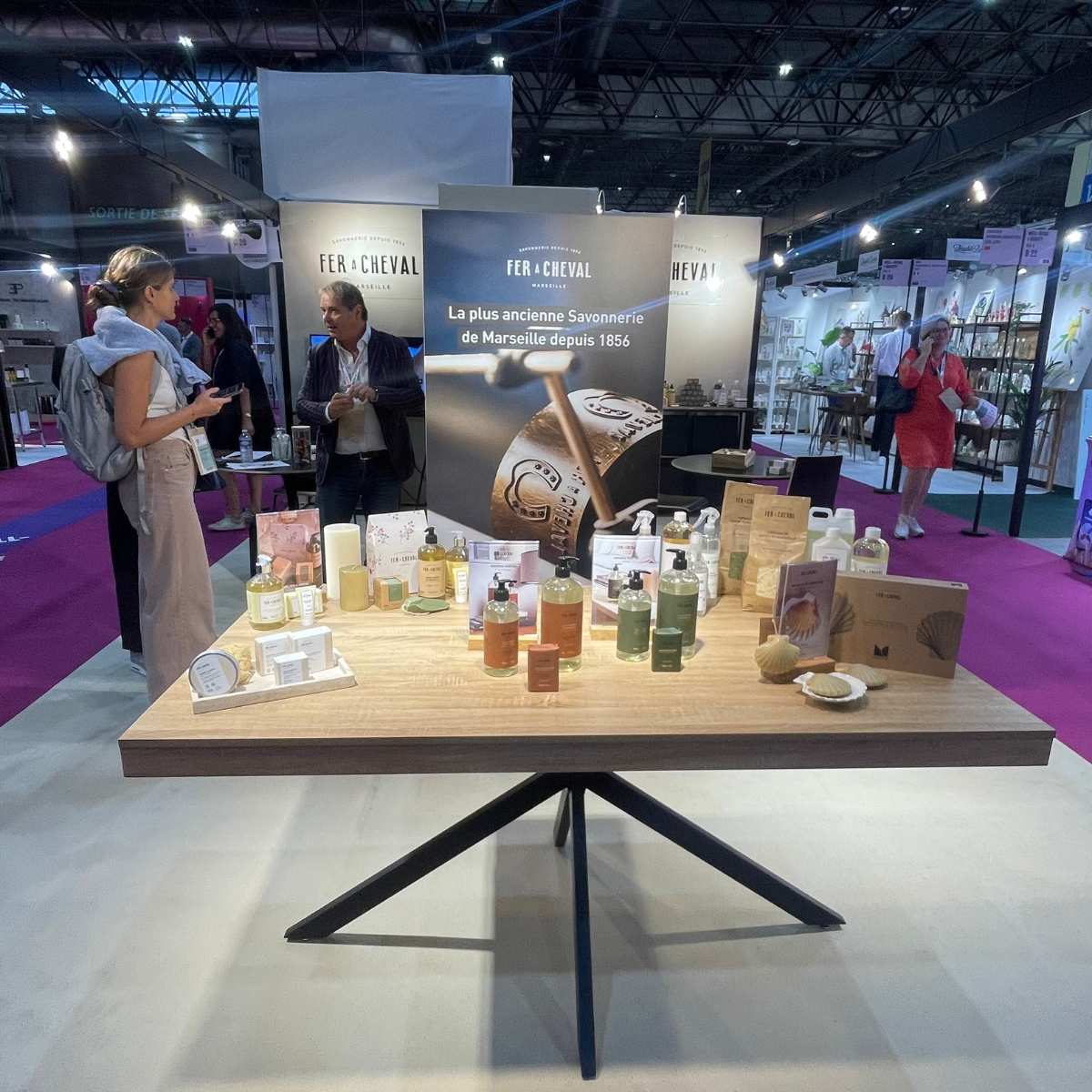
SALON MAISON & OBJET 2025
Fer à Cheval participe à la nouvelle édition de septembre 2025 de Maison & Objet
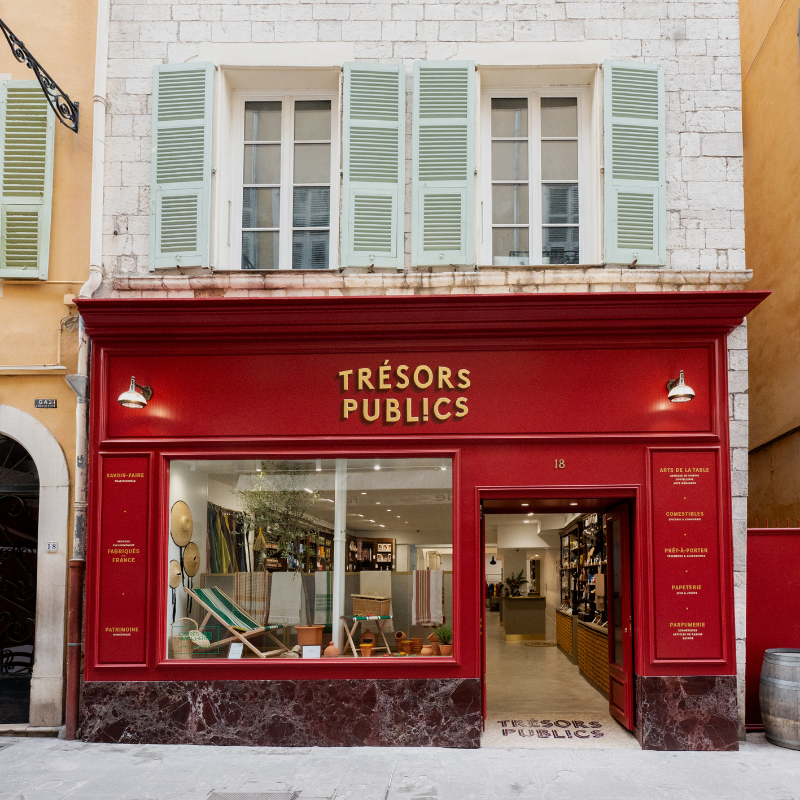
LES BELLES ADRESSES NIÇOISES : TRÉSORS PUBLICS
Fer à Cheval vous embarque à la découverte de ses plus belles adresses partenaires grâce à sa nouvelle série d’interviews exclusives.
Concept store, grand magasin de décoration, quincaillerie histo...
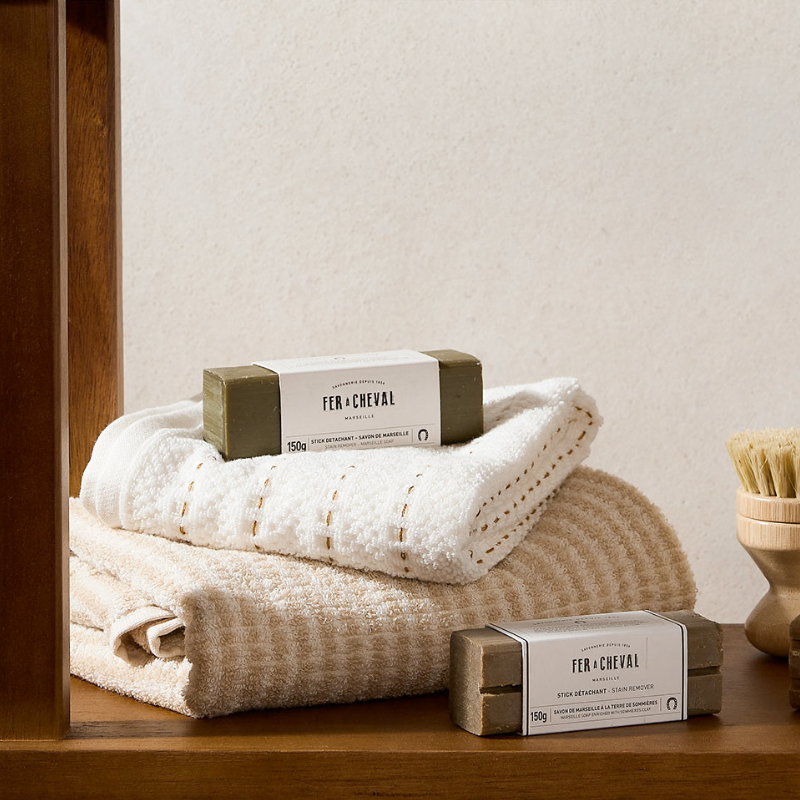
LES ESSENTIELS DE L’ÉTÉ
L’été sans tache, la peau douce parfumée : nos indispensables à glisser dans vos bagages
Barbecue entre amis, pique-nique dans les prés, baignades ou balades en forêt… autant de plaisirs estivaux q...

FER À CHEVAL AU CINÉMA
Et si Marseille se visitait à travers les anecdotes et les souvenirs d'enfance de Soprano?
Classée Monument Historique depuis 1856, la Savonnerie Fer à Cheval a une nouvelle fois attiré les caméras...

LES BELLES ADRESSES RENNAISES : YSÉ
Fer à Cheval vous embarque à la découverte de ses plus belles adresses partenaires grâce à sa nouvelle série d’interviews exclusives.
Concept store, grand magasin de décoration, quincaillerie histo...
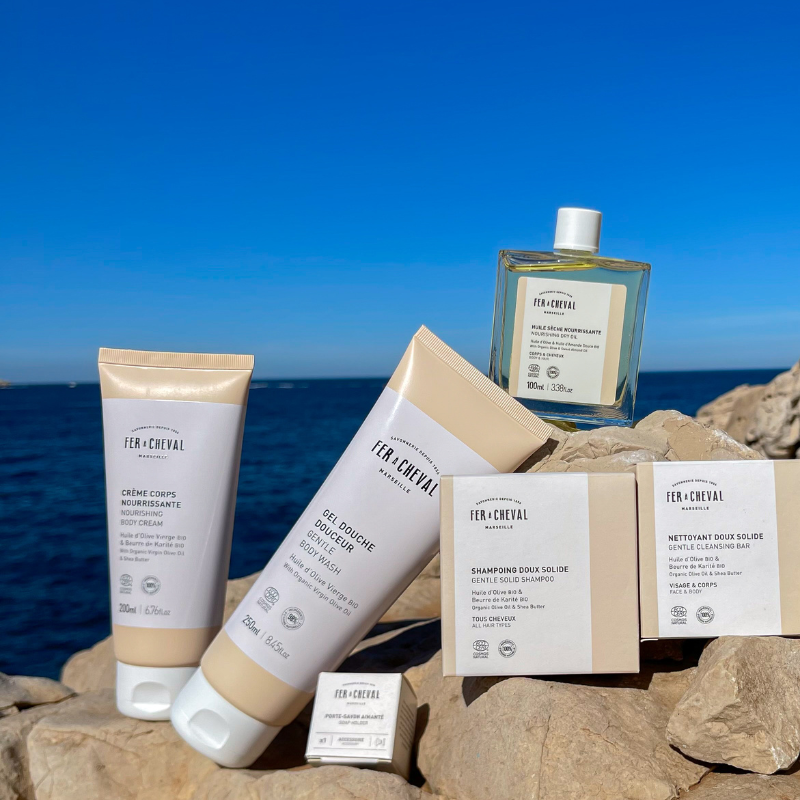
LES ESSENTIELS DE L’ÉTÉ
Le mois de juillet s’installe, apportant avec lui cette irrésistible envie de savourer pleinement l’été. Journées à rallonge, vacances d’été… C’est le moment parfait pour profiter pleinement des es...
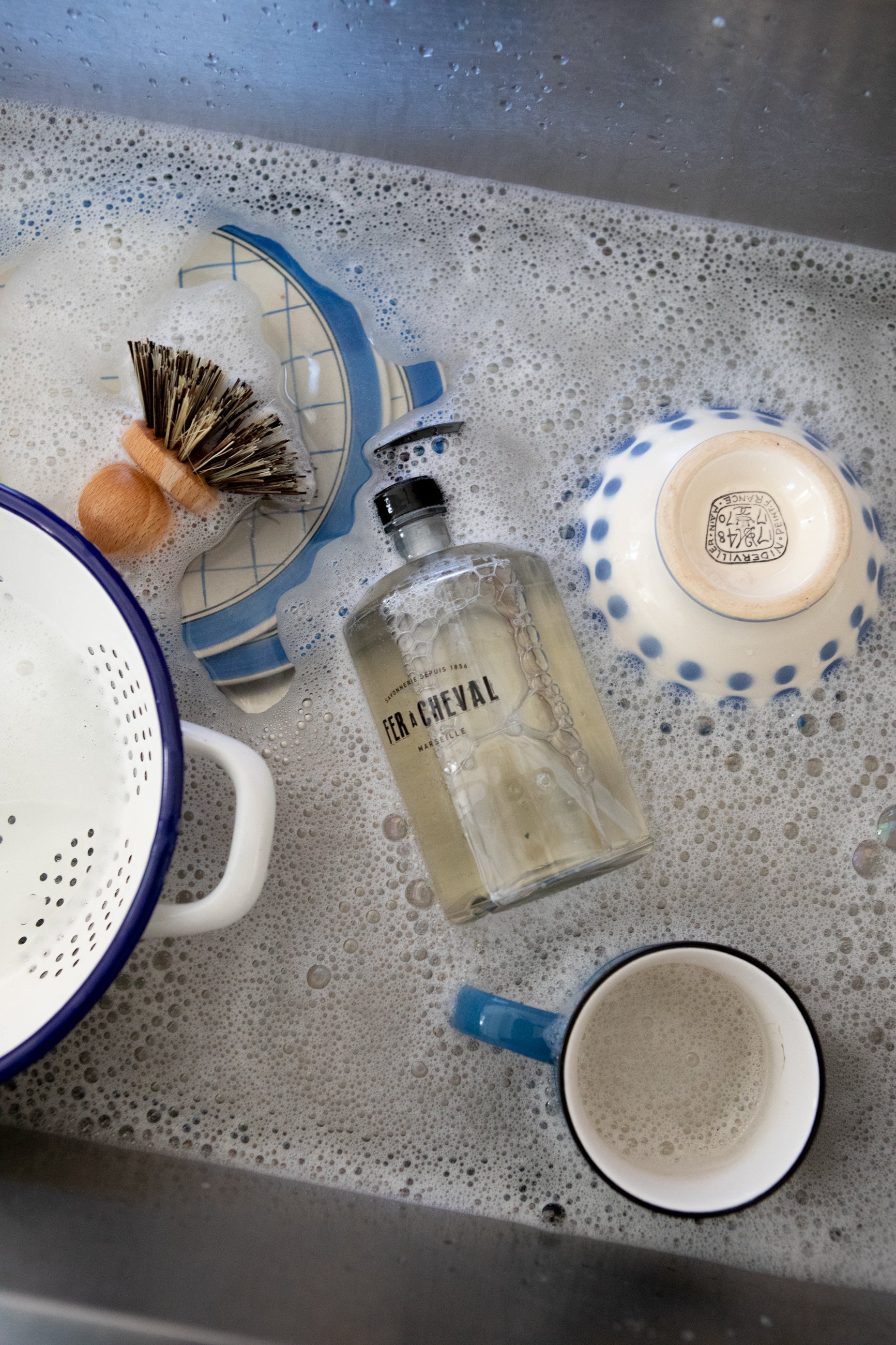
FER À CHEVAL X THE CABANONS DES GOUDES
Nichés à l’extrémité sud de Marseille, The Cabanon des Goudes by l’agence Wearemb sont bien plus que de simples abris de pêcheurs : ce sont de véritables trésors de charme et d’authenticité. Entre ...
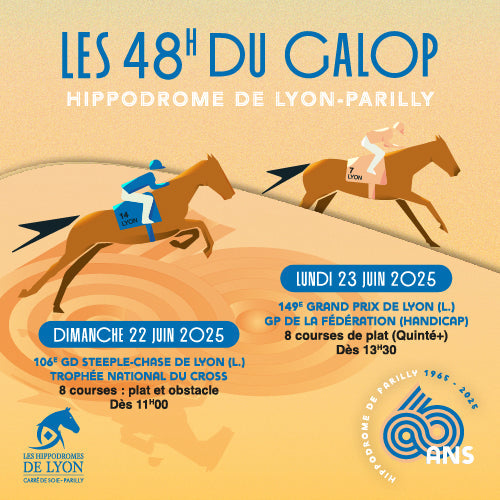
FER À CHEVAL x L’HIPPODROME PARILLY LYON
Cette année, l’Hippodrome de Parilly célèbre un cap symbolique : ses 60 ans. À l’occasion de cet anniversaire exceptionnel, nous sommes fiers de nous associer en tant que partenaire officiel de cet...
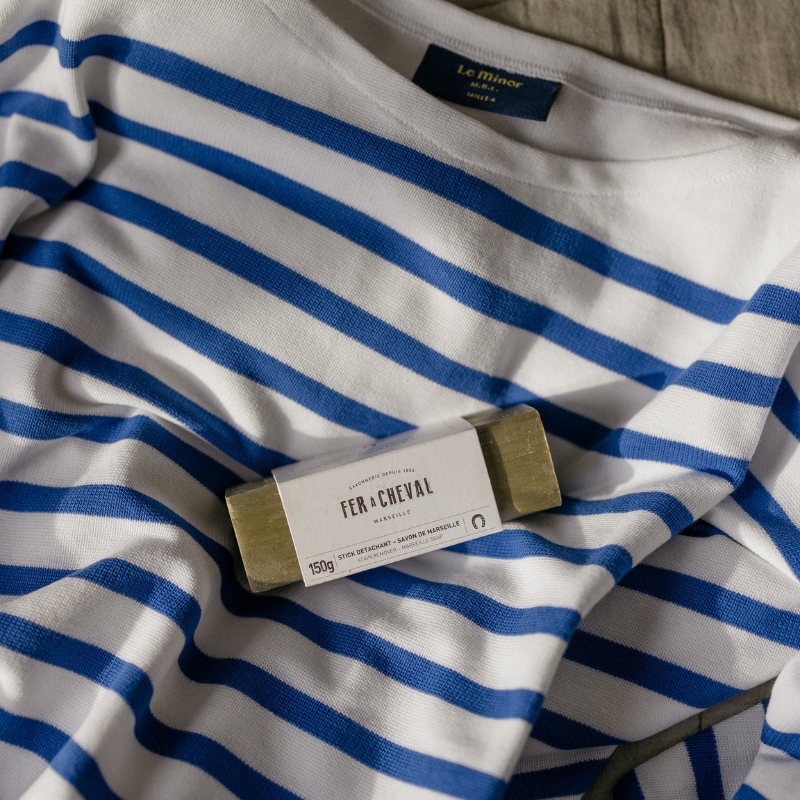
FER À CHEVAL X LE MINOR
Vêtements marins fabriqués en Bretagne depuis 1922
Véritable icône du vestiaire français, la marinière séduit par son style intemporel et sa qualité irréprochable. Un héritage que Le Minor, Entre...
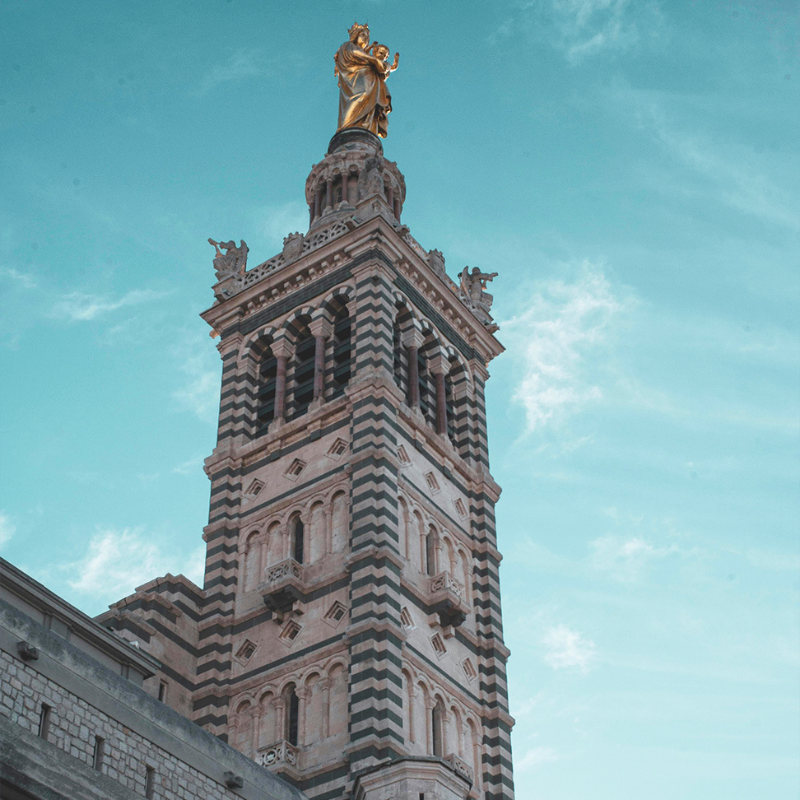
NOTRE SOUTIEN AU PATRIMOINE LOCAL : Basilique Notre-Dame de la Garde
Nous sommes fiers de soutenir la restauration de Notre-Dame de la Garde, symbole emblématique de Marseille. En tant qu'entreprise marseillaise labellisée Label Entreprise du Patrimoine Vivant (EPV)...
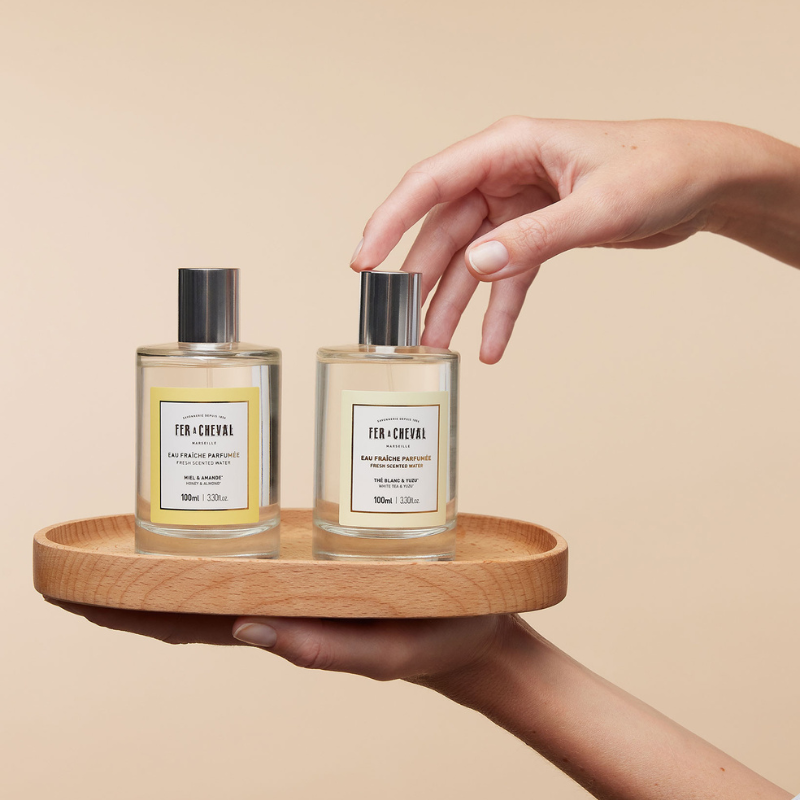
EAUX FRAÎCHES PARFUMÉES: la dernière touche pétillante et fraîche de votre rituel beauté
La Gamme Parfumée Fer à Cheval se décline en huit fragrances ensoleillées, inspirées du Sud et de la douceur estivale. Savons solides, Savons Liquides ou Crèmes mains : chaque produit est une invit...

LES BELLES ADRESSES PROVENÇALES : LA MARCHANDE DE JOLIES CHOSES
Fer à Cheval vous embarque à la découverte de ses plus belles adresses partenaires grâce à sa nouvelle série d’interviews exclusives.
Concept store, grand magasin de décoration, quincaillerie histo...
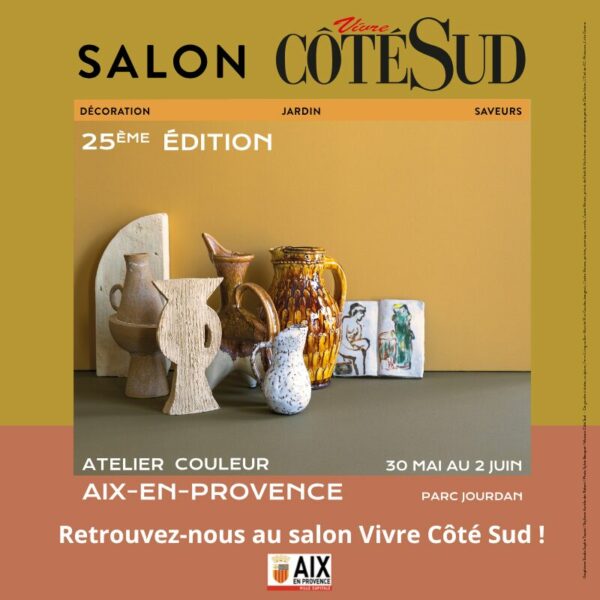
SALON VIVRE CÔTE SUD 2025
Fer à Cheval participe au Salon Vivre Côté Sud à Aix-en-Provence
Sous le signe de Cézanne, couleurs et inspiration méditerranéenne
À l’occasion de sa 25ème édition, le Salon Vivre Côté Sud revient ...
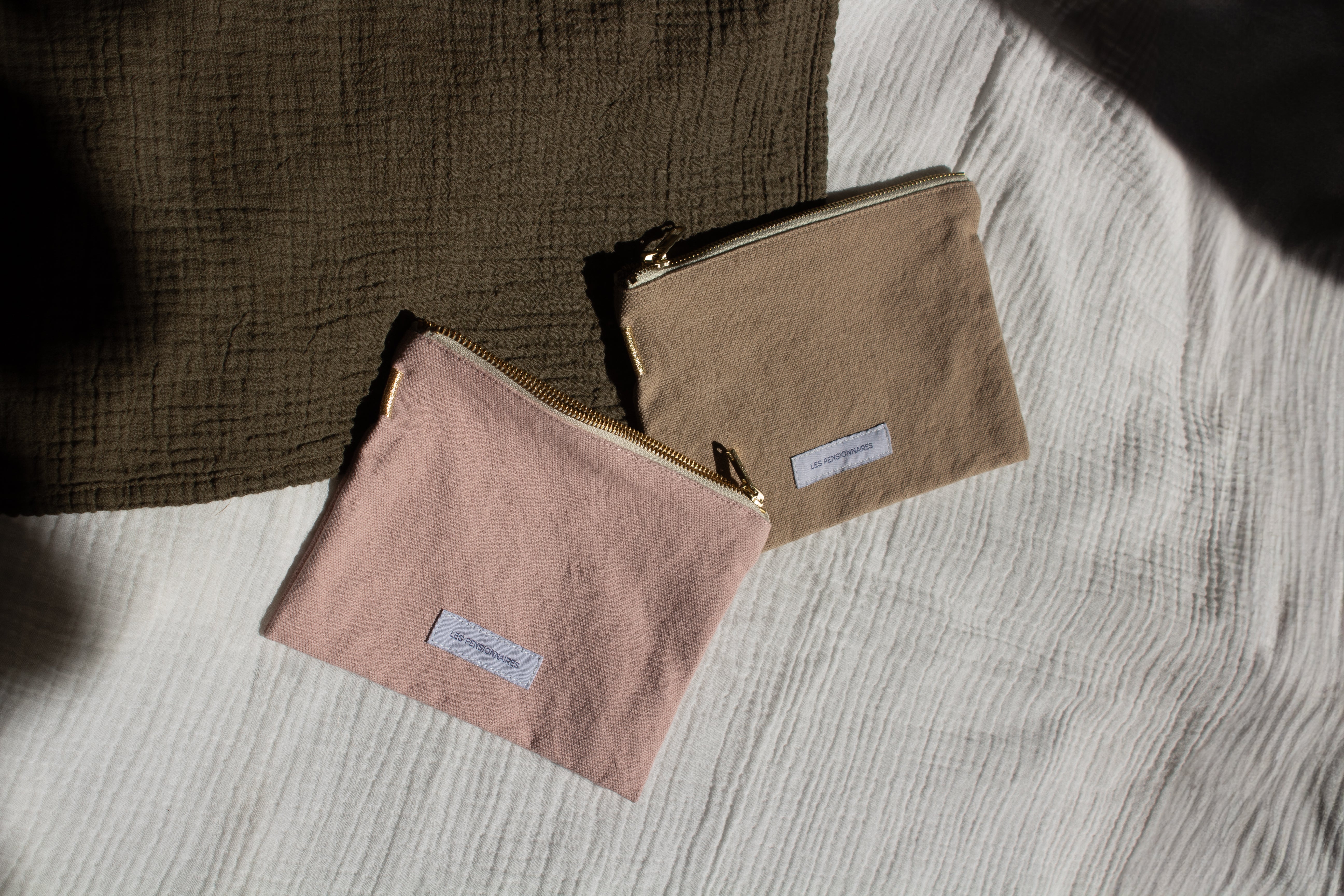
Les Pensionnaires, le goût des belles choses
Découvrez Les Pensionnaires, marque française de linge de maison élégant et durable, en collaboration avec Fer à Cheval.
L’esprit d’une maison pleine de vie
Chez Les Pensionnaires, marque français...
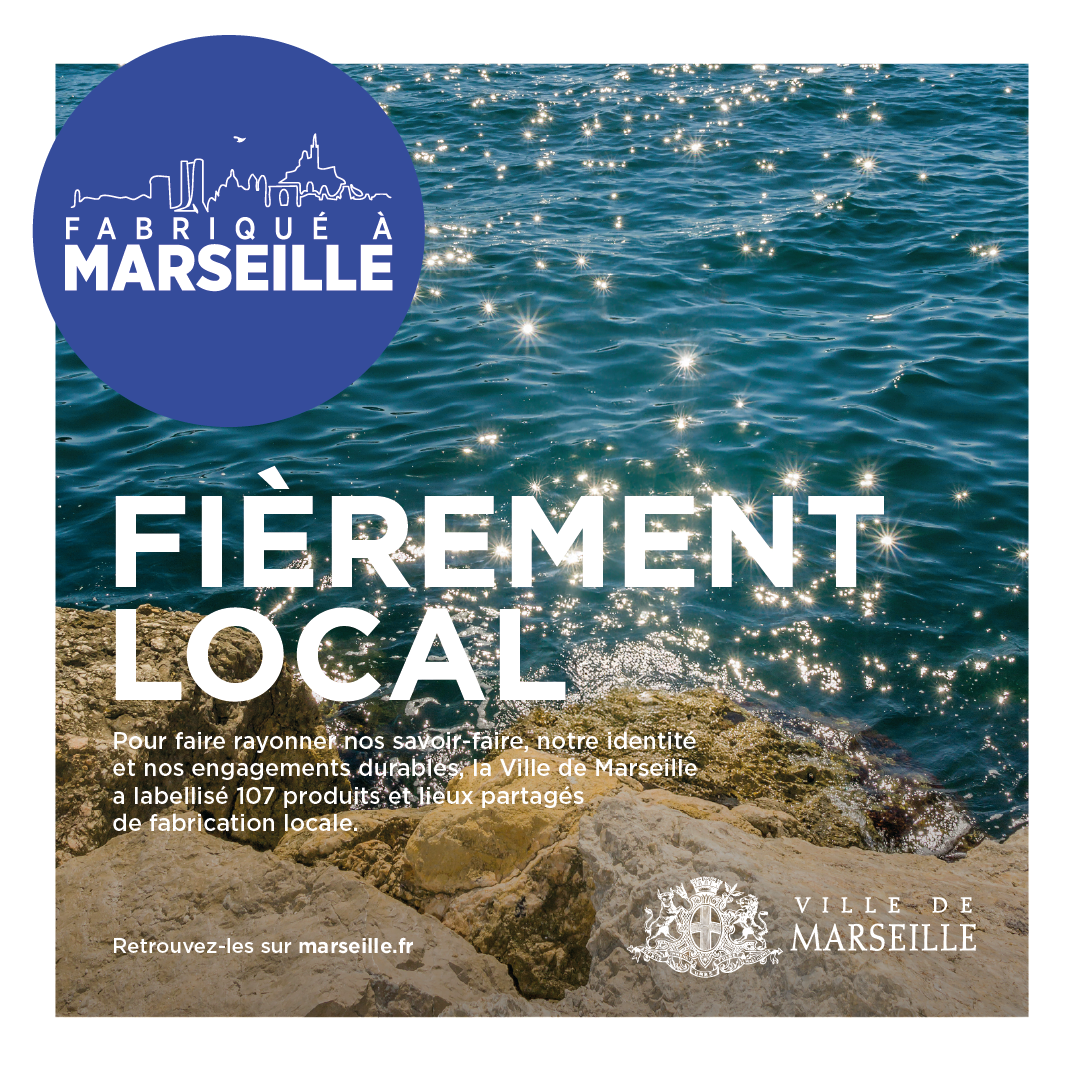
Fer à Cheval, Labellisé Fabriqué à Marseille
Marseille, ce n’est pas seulement le Vieux-Port, les calanques ou le climat ensoleillé. C’est aussi un réseau d’artisans, de créateurs, d’entrepreneurs engagés, portés par un tissu économique local...
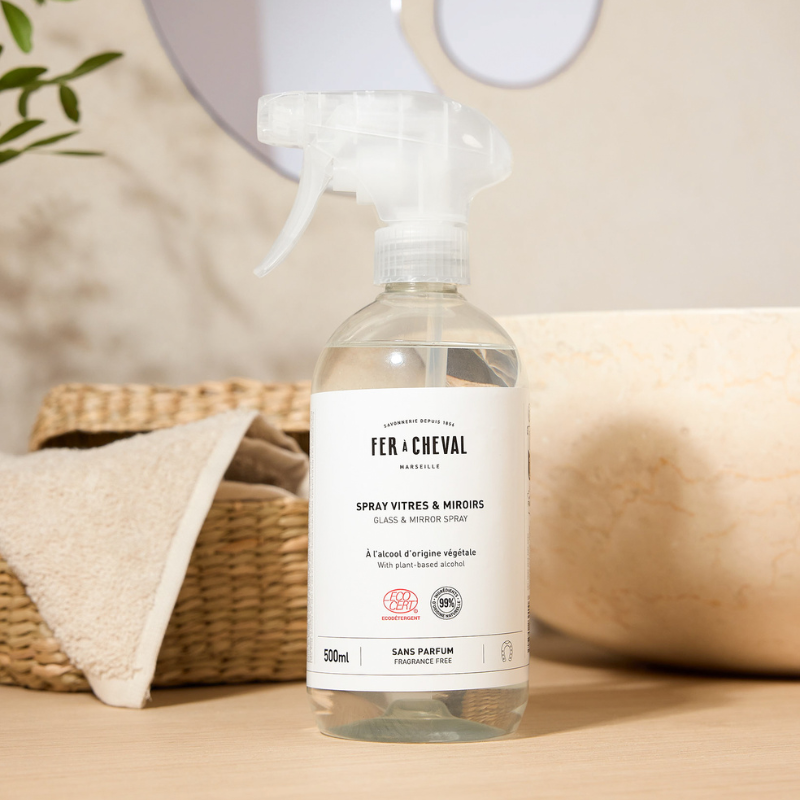
NOUVEAU : Spray Vitres & Miroirs
Fer à Cheval vous présente sa toute dernière nouveauté : le Spray Vitres & Miroirs
Avec des modes de vies qui évoluent, Fer à Cheval a conçu une gamme d’entretien de la maison qui s’adapte à n...

Rencontre de Alexandra Leite
Après avoir rénové un ancien café de village en un véritable cottage anglais, Alexandra
nous partage au quotidien son savoir-faire sur sa page instagram @milkandhomefamily
en dévoilant son univers ...
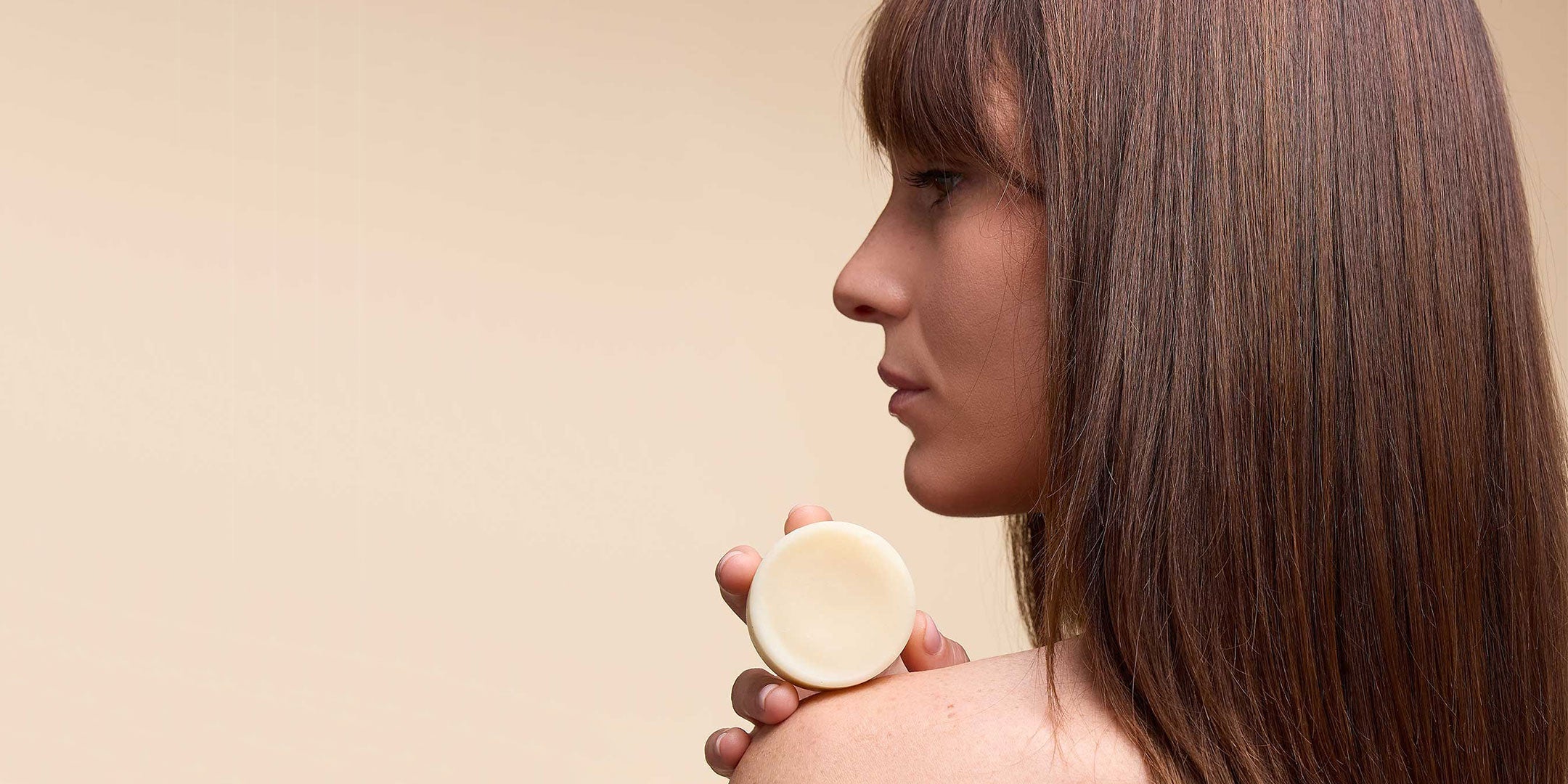
NOUVEAU : l’Après-Shampoing Doux Solide
Fer à Cheval vous présente sa toute dernière nouveauté : l’Après-Shampoing Doux Solide.
Indispensable pour une routine capillaire complète, l’Après-Shampoing Doux Solide 45g Fer à Cheval a été dév...

Mode, style et savonnerie
L’an dernier, nous avons eu le plaisir d’accueillir la maison marseillaise HANA SAN pour le shooting de son tout dernier vestiaire féminin haut de gamme et élégant. Puisant son inspiration dans l’a...
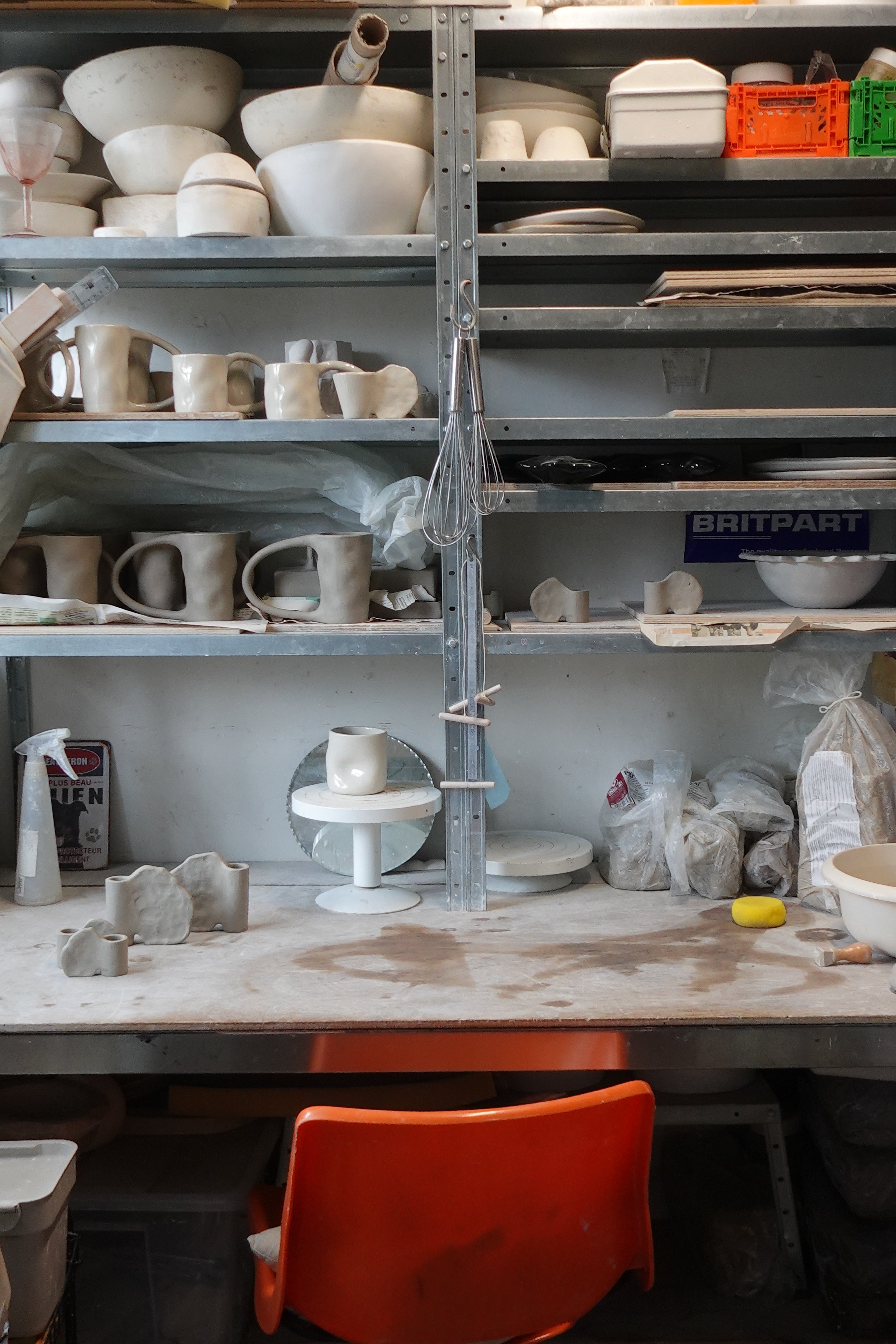
LES PORTRAITS INSPIRANTS
Rencontre de Juliette Boutet
Rencontre de Juliette Boutet, alias Céju Ceramics, céramiste marseillaise nous présente aujourd’hui son savoir-faire authentique, une toile qui tisse un lien intime ent...
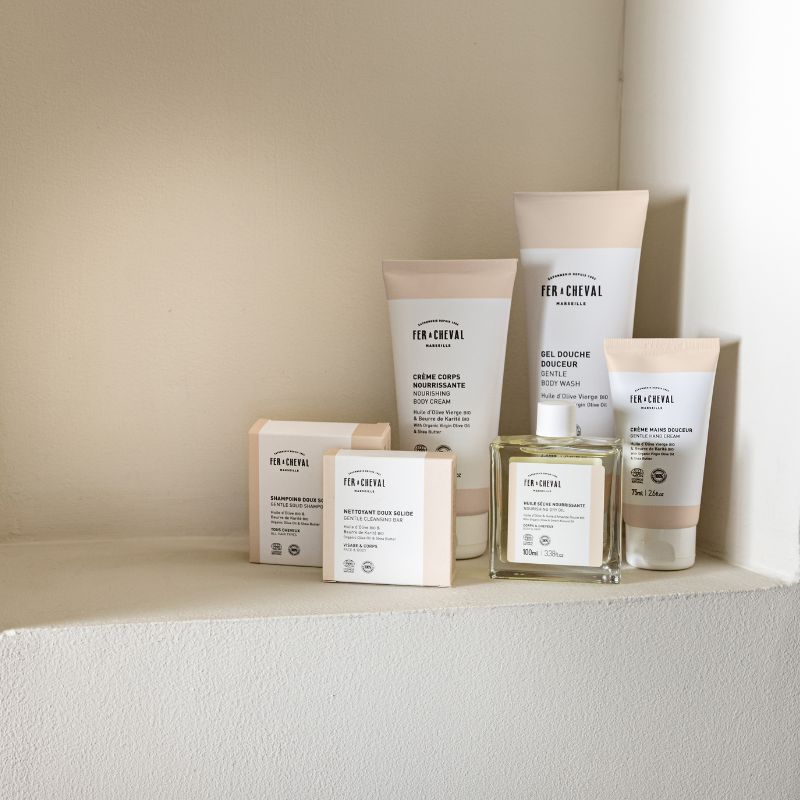
FÉVRIER COCOONING : Le rituel peau douce aux bienfaits naturels
En février, on savoure des crêpes gourmandes, on s’échange des mots tendres mais surtout l’hiver froid nous invite encore à partager des moments de douceur. Découvrez une véritable parenthèse de bi...
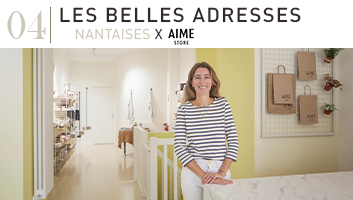
LES BELLES ADRESSES NANTAISES : Aime Store
Fer à Cheval vous embarque à la découverte de ses plus belles adresses grâce à ses partenaires à sa nouvelle série d'interviews exclusives.
Concept store, grand magasin de décoration, quincaillerie...
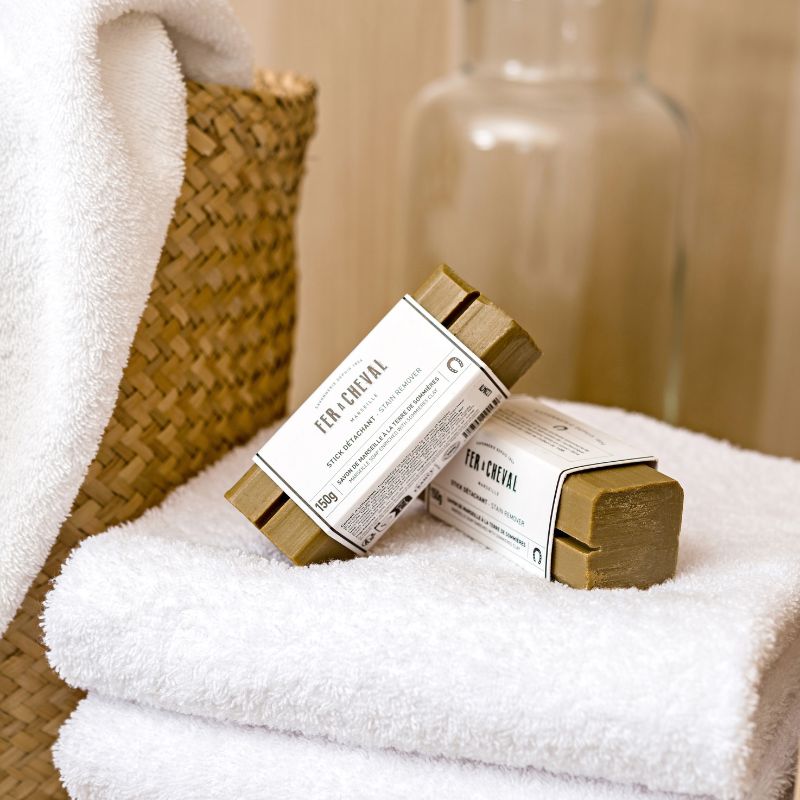
MOIS DU BLANC : prendre soin de son linge
Le mois de janvier s’impose comme une période de renouveau, de calme et surtout propice aux bonnes résolutions. C’est le moment idéal pour se recentrer sur soi et sur son intérieur. Ranger, nettoye...
